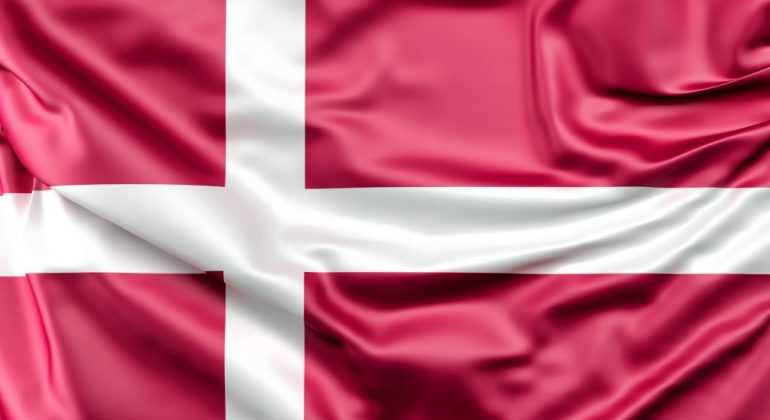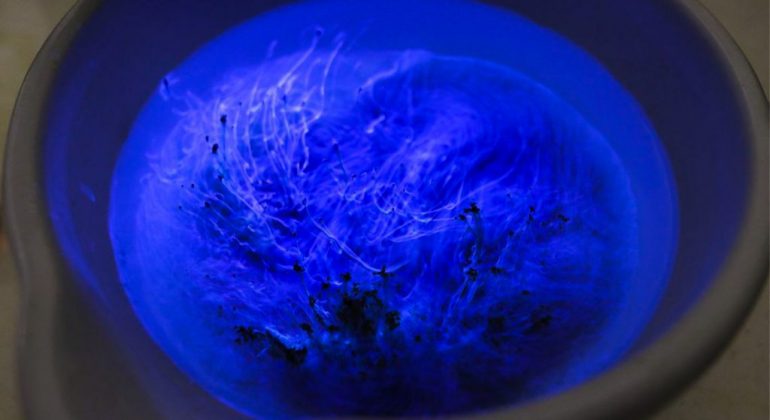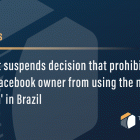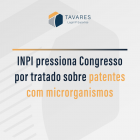BPTO will accelerate examination of patents related to combating Covid-19
With a focus on stimulating the production and licensing of new technologies, BPTO will prioritize examining patent applications for innovations that can be used to combat the new coronavirus pandemic. The measure was made official through Ordinance No. 149/2020, published on April 7.
The prioritization is valid until 06/30/2021, as determined by Ordinance No. 149/2020.
The granting of a patent by BPTO attests that its object is new and guarantees the holder the exclusivity for use and licensing in Brazil (the patent has national validity). Therefore, with a patent granted, inventors gain more security to start production or license to a partner who can produce it.
Among the modalities of priority patent application, one of them is focused on health technologies, especially those strategic for the Unified Health System (SUS). Now, technologies related to combating the new coronavirus become part of this accelerated examination.
Technologies Observatory
Still in the context of the pandemic, INPI created, in March, the Observatory of Technologies Related to Covid-19. The objective is to disseminate technologies that can contribute to coping with the situation, including vaccines, medications, diagnostic tests, masks, and health equipment. Initiatives on funding and incentives for research in this area are also being disseminated.
Among the recent updates, the Observatory presents a study on patents filed with BPTO regarding diagnostic methods for Covid-19 and other respiratory viruses.
In this way, the relevant information is contributed to public agents and members of the National Innovation System who are directly linked to fighting the disease. For more information, visit the Observatory.
News from: BPTO










